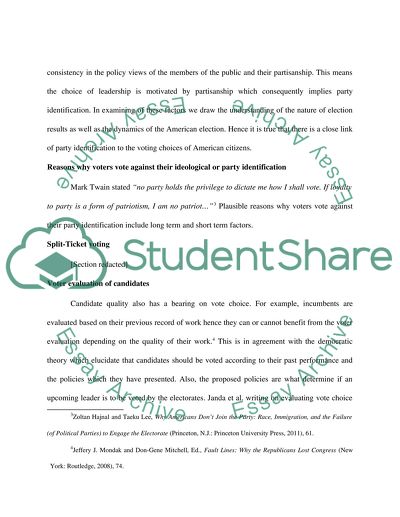Cite this document
(“Why Do Voters Vote Against Their Party Dissertation”, n.d.)
Why Do Voters Vote Against Their Party Dissertation. Retrieved from https://studentshare.org/social-science/1702541-why-do-voters-vote-against-their-party
Why Do Voters Vote Against Their Party Dissertation. Retrieved from https://studentshare.org/social-science/1702541-why-do-voters-vote-against-their-party
(Why Do Voters Vote Against Their Party Dissertation)
Why Do Voters Vote Against Their Party Dissertation. https://studentshare.org/social-science/1702541-why-do-voters-vote-against-their-party.
Why Do Voters Vote Against Their Party Dissertation. https://studentshare.org/social-science/1702541-why-do-voters-vote-against-their-party.
“Why Do Voters Vote Against Their Party Dissertation”, n.d. https://studentshare.org/social-science/1702541-why-do-voters-vote-against-their-party.


